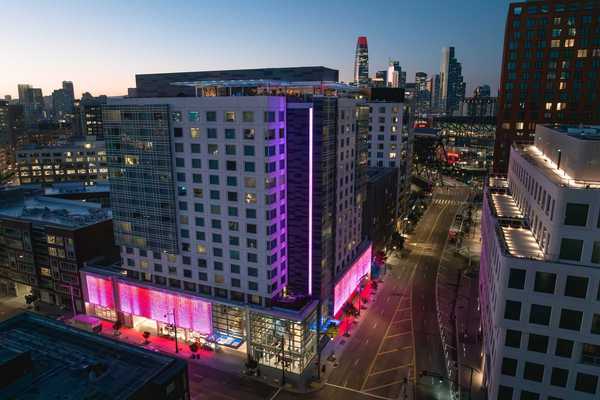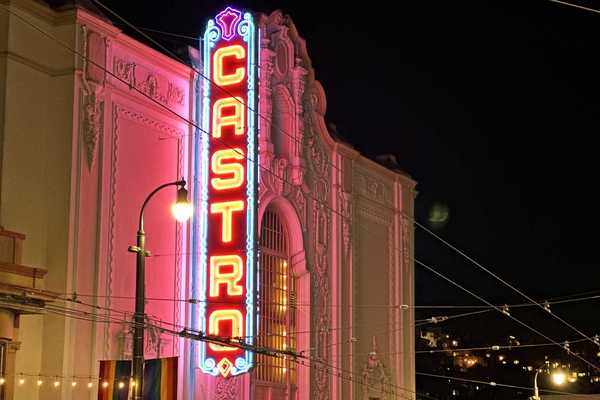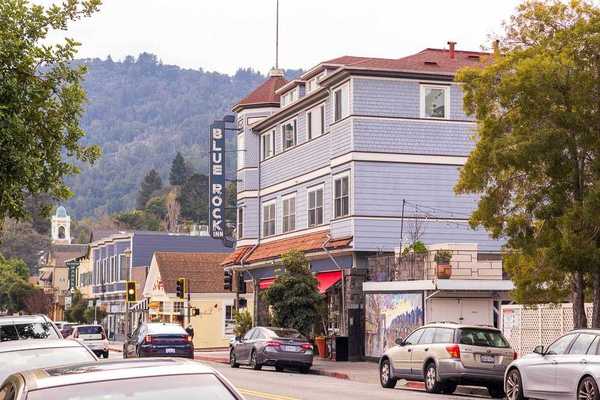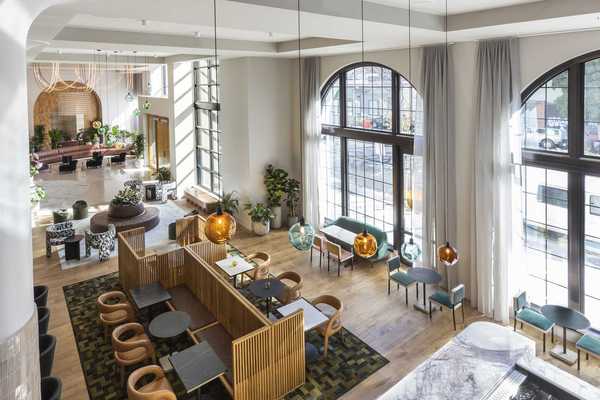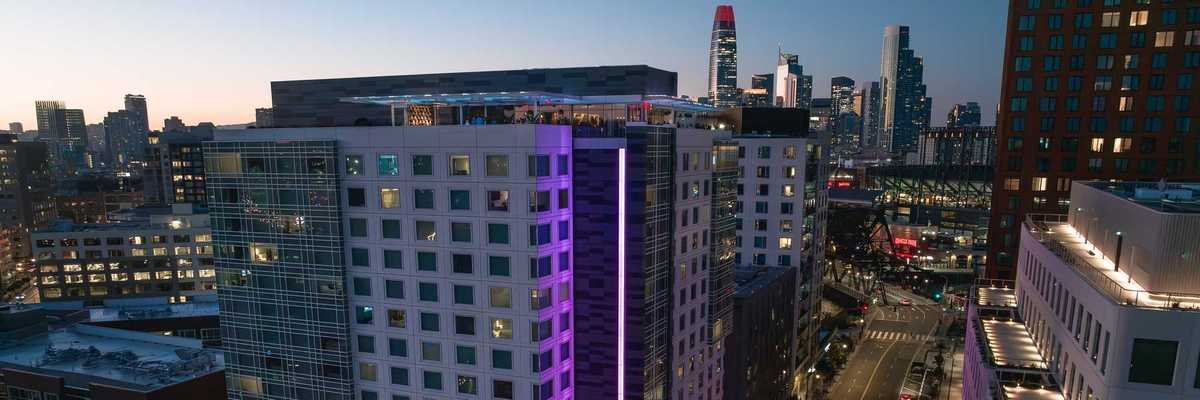For decades, plant-based meat alternatives were a dismal bunch: rubbery fake hot dogs, flavored tofus, and soy-based "meats" that were convincing absolutely no one.
But as the climate crisis has led to increased scrutiny over the ecological impact of meat and dairy, the plant-based meats that were once the red-headed stepchildren of the food industry have emerged into the light—and nowhere is it as sunny as the Bay Area. From Sonoma to Berkeley to the Silicon Valley, producers large and small are gambling on plant-based meat and dairy—and we're eating it up.
The new plant-based meats aren't your mother's veggie burgers, they're culinary works of art. At Prime Roots in Berkeley, cofounder and CEO Kim Le harnesses the umami-ness of fibrous koji mycelium, the muscular roots of an ancient Japanese fungus used in products like soy sauce and miso, to produce plant-based bacon and other alternative meats. Meanwhile over at Sonoma County's Renegade Foods, Old World techniques like fermenting and smoking give handcrafted Calabrian and Tuscan-style salamis and Spanish-style chorizo a similar flavor profile to traditional charcuterie.
"We're a bunch of foodies [so] we really look at it more with a culinary lens than a scientific one]" says Renegade cofounder and CEO Iona Campbell. "Our products are chef-made and I spent over 10 years developing the recipes."
And then there's the daddy of them all, Silicon Valley's Impossible Foods, which famously turned to the lab to find a plant-based alternative to iron-containing meat proteins that would give their burgers a realistic "bloody" texture and taste. After a successful initial release at select restaurants in 2016, the company's patties and sausages have gone on to become a fixture at Burger King, White Castle, Starbucks, and Jamba Juice.
Whereas plant-based meat and dairy was once almost entirely eaten by those who rejected animal products outright, this explosion in plant-based culinary creativity is being driven not by vegans and vegetarians but by those who regularly eat meat.
"A recent study showed that more than 90 percent of people buying alternative products are not vegan or vegetarian," says Campbell, and across the board, plant-based retail sales have grown more than 27 percent over the last year.
Part of that growth is due to the increased availability and visibility of plant-based meat and dairy.
"We're seeing that the younger generations just have a completely different mindset [about eating meat]," Campbell continues. Just a decade ago, alternative meats were almost entirely bought at the grocery store, hastily microwaved and eaten behind closed doors (and the occasional Asian restaurant). Now they are being consumed publicly at fast food and fine dining restaurants, alike.
"Making our products available where consumers already eat and shop decreases the barrier to entry and gives consumers a great first impression," says Keely Sulprizio, VP of communications at Impossible Foods.
Some new converts to plant-based alternatives turn to them for health reasons. Others are looking for ways to decrease their ecological footprint. Prime Roots bacon, for example, uses 92 percent less water and 91 percent less land than animal meats.
"If you replaced a kilogram of traditional bacon with a kilogram of Prime Roots bacon, you would eliminate 9 kilograms of CO2 emissions, or the equivalent of driving 22 miles in a passenger car," says Le.
"Humanity's single most powerful way to put the brakes on climate change is using our food system as a tool to address the world's climate issues," says Sulprizio. In the big picture, the growing company's goal is to shift the world to a plant-based diet and eliminate the need to use animals for food by 2035.
But while abandoning animal-based meat and dairy completely can cut your carbon footprint in half, a 2019 U.K. study showed that swapping red meat for plants just once a week has a measurable impact on the environment, decreasing greenhouse gas emissions by 8.4 percent each year. Those are the consumers Prime Roots and Renegade Foods are focused on, eaters who will regularly "flex" their diet to include more plant-based alternatives if they have options that taste great.
"Our goal is not to convince people to go vegan or vegetarian. I'm not myself and I don't think it's realistic to ask anyone to be," says Le. "The most impact will come from a collective decision to eat less meat."
The Bay Area has proven to be especially receptive to new alternative meat and dairy producers, and it isn't just due to a strong current of innovation and ample investment opportunities. "I think of the Bay Area as a very food-driven culture," says Kalie Marder, Renegade cofounder and COO. "We're interested in tasting and trying new things."
That's why this October, the popular Greek fast-casual chain Souvla debuted sandwiches and salads made with plant-based "lamb" from SF-based Black Sheep Foods and why vegan cheeses and butters from Petaluma-based Miyoko's Creamery can be found on the menus of wineries and restaurants throughout the Bay Area (including their October debut at the local chain Pizza My Heart). It's why we have not just a vegan butcher, The Butcher's Son, but two entirely plant-based soul food restaurants, Souley Vegan and Vegan Mob, plus more than a dozen other restaurants with purely plant-based menus. It's meat eaters, not vegans, who keep them in business.
"We believe wholeheartedly that you don't need to be vegan to make healthy and responsible choices for the planet," says Le. "Prime Roots meats are intended to empower and excite every type of eater, while still celebrating the culture of meat we all love."





